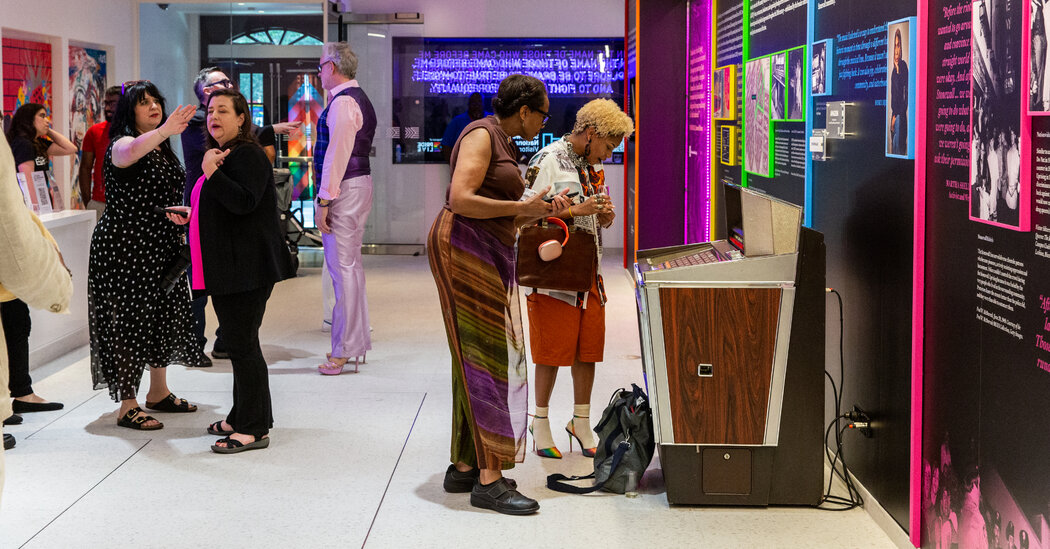Why Can’t New York Make a Proper Monument to Gay History?

During this NYC Pride Week, the name of the place and event that gave it birth, Stonewall, has been more than usually in the air, and efforts to monumentalize it continue. News has come that a local subway station will be rechristened in its honor (new name: Christopher Street-Stonewall National Monument Station), and a brand-new cultural space called Stonewall National Monument Visitor Center opens today in the neighborhood.
You know the Stonewall story. On the night of June 28, 1969, 55 years ago this Friday, a bunch of L.G.B.T. people in a Greenwich Village dance bar called the Stonewall Inn went ballistic. They’d finally had it with police showing up with clubs and cuffs because of how they dressed, and who they kissed, and who they were. So they hit back, shouting, breaking things, throwing things, giving the cops a taste of what it felt like to be hounded and treated like dirt.
What you may not know is how dangerous it was to do that. The police had pretty much unaccountable power. They could lock you up, beat you up, and disappear you, especially if you were queer, because who would care? Your very existence was against the law. Good riddance.
Photos of the Stonewall shove-back — variously referred to as a riot, a rebellion, and an uprising — make it look kind of glam, like a rave, but it wasn’t. It was a big, deeply furious “No” to a history of repression and persecution. And the “No” didn’t end that night.
Skirmishes continued in Greenwich Village’s streets for days. (There had already been flare-ups of resistance in other cities.) Then, fairly quickly, came organized protests, some tight and targeted, others sprawling and processional, which continued through the following years.